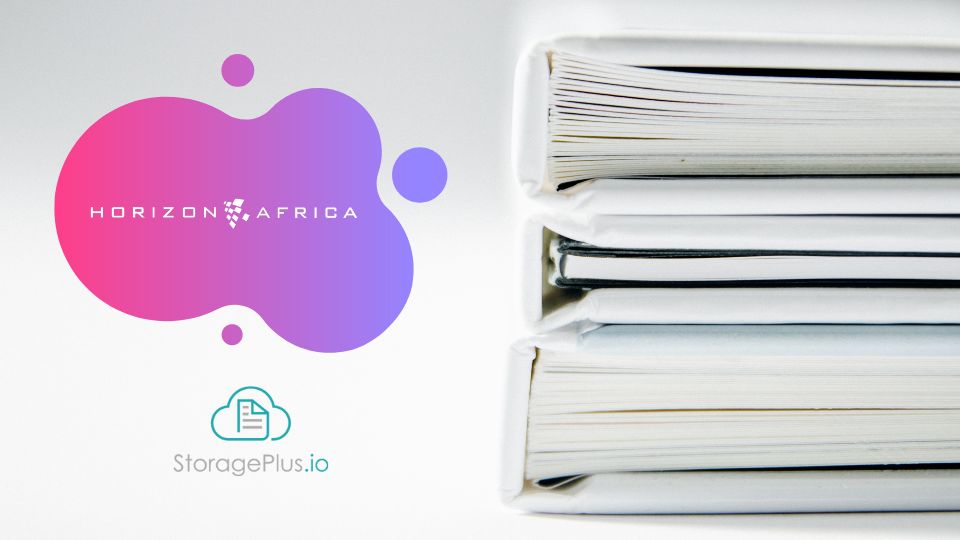- The Blockchain for Africa
- info@horizonafrica.io
Claiming and holding the 30 years Mauritius IFC’s Commemorative Logo NFT as an asset in a non-custodial wallet

NFT (Non-Fungible Token) is generally built using the same kind of programming as cryptocurrency, like Bitcoin or Ethereum, but that is where the similarity ends. Physical money and cryptocurrencies are “fungible,” meaning they can be traded or exchanged for one another which allows for a trusted means of conducting transactions on the blockchain. They are also equal in value. However, NFTs are different, they are non-fungible. Each has a digital signature that makes it impossible for NFTs to be exchanged for or equal to one another (hence, non-fungible).
Various examples of NFTs exist today; they could be digital collectibles, domain names, properties, games, etc. Horizon Africa Blockchain provides various capabilities for projects to NFT objects into a digital representation. For example, in our involvement in Lootverse, buildings, rights, and other assets are all represented by NFTs. These NFTs can be held as an asset or traded, allowing the asset to change hands. For instance, a building in a metaverse is represented by an NFT that investors would buy, hold or sell. This mechanism provides the capabilities to invest in the asset or use it as a business depending on the terms and conditions set out for the particular NFT. Horizon Africa Blockchain provides the underlying technology to fulfill such functions. Horizon Africa develops the blockchain network with a focus to serve the functioning of metaverses.
NFTs in the real world
Outside of metaverses, NFTs are a step forward in the reinvention of this infrastructure by enabling digital representations of physical assets. Challenges still remain in linking real-world assets to NFTs from a legal perspective, but progress is being made with a renewed understanding of how it works. The Mauritius IFC - Codevigor / Horizon Africa project aimed at showing that NFTs are not just wishy-washy. It sheds some light while focusing on the very simple functioning of an NFT, mainly through a commemorative logo. Let’s have a look at this simplistic model.- The Mauritius IFC launches a 30-year commemorative logo, with terms and conditions for use attached to it.
- The ownership of the logo remains the property of the Mauritius IFC, but the rights to use the logo are NFTed. The solution is simple: attach the terms and conditions to the NFT which are governed by, construed, and enforced in accordance with the laws of Mauritius and the courts of the Republic of Mauritius. The terms and conditions clearly mention that the ownership is still Mauritius IFC’s. The NFT is linked to the terms and conditions and minted on Horizon Africa Blockchain.
- Provide the capabilities to the stakeholders to claim the NFT.
- Option to keep it in a wallet. The NFT is stored in a wallet, with the capability to transfer the NFT. A transfer can only be made to another wallet within the organisation name or to someone working for the organisation, otherwise, the NFT will be void as per the terms and conditions.
Non-custodial Wallet for storing the NFT
A wallet may be used by organisations that allows them to display their NFTs and protect them from hackers. Horizon Africa Blockchain has provided users with a non-custodial wallet that can hold the NFT. Compared to a custodial wallet in which the private keys are held by a third party (and have full control), a non-custodial wallet instead allows the user to have full control over their assets. Horizon Africa has chosen to work with the non-custodial wallet scenario because:- The user is the custodian of the private key, meaning the user has full control of the assets held in the wallet, thereby, full control of the commemorative logo NFT.
- Any transaction with a non-custodial wallet is reflected on Horizon Africa Blockchain in real-time.



